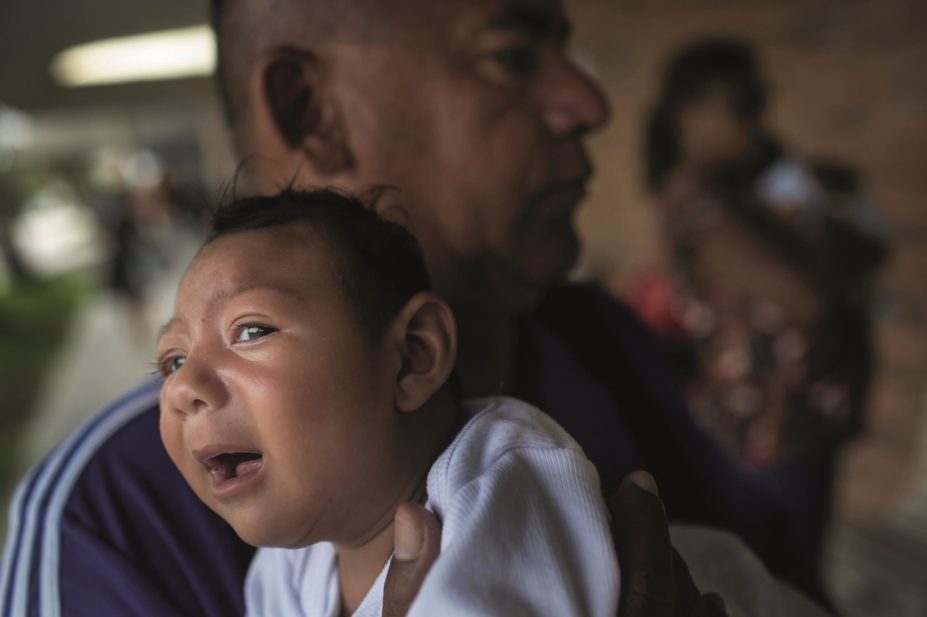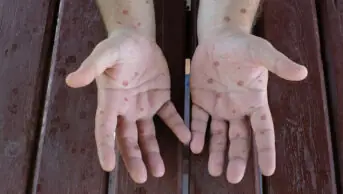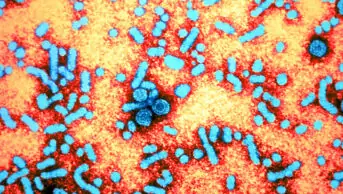
dpa picture alliance / Alamy Stock Photo
Pregnant women and those with severe chronic illness or immune system disorder should consult a health professional before travelling to areas where Zika virus (ZIKV) outbreaks are reported, according to advice from the UK government, which suggests that pregnant women should reconsider their travel plans.
With the ongoing outbreak of ZIKV infection in the Americas, Cape Verde and Samoa, the UK government points travellers to the advice of the National Travel Health Network and Centre (NaTHNac).
There is no vaccine or drug to prevent ZIKV infection, and the standard treatment comprises supportive nursing care and relief of symptoms. NaTHNac advises that if travel is unavoidable, or if individuals live in ZIKV-affected areas, they should take scrupulous measures to avoid insect bites throughout the day and night, but particularly during mid morning and late afternoon to dusk, when mosquitos are most active.
ZIKV, which is transmitted by Aedes mosquitoes, belongs to the flavivirus genus and, although infection often results in mild illness, there is a possible link between ZIKV exposure during pregnancy and microcephaly plus other congenital malformations. In Brazil between 22 October 2015 and 16 January 2016, there were 3,893 reported cases of foetal/neonatal microcephaly, including 49 deaths, all potentially related to ZIKV infection. As of 25 January 2016, six cases of ZIKV infection have been diagnosed in UK travellers.
The symptoms of ZIKV infection are similar to dengue or chikungunya, which often co-circulate in ZIKV-affected areas.


